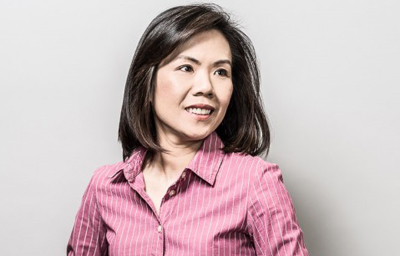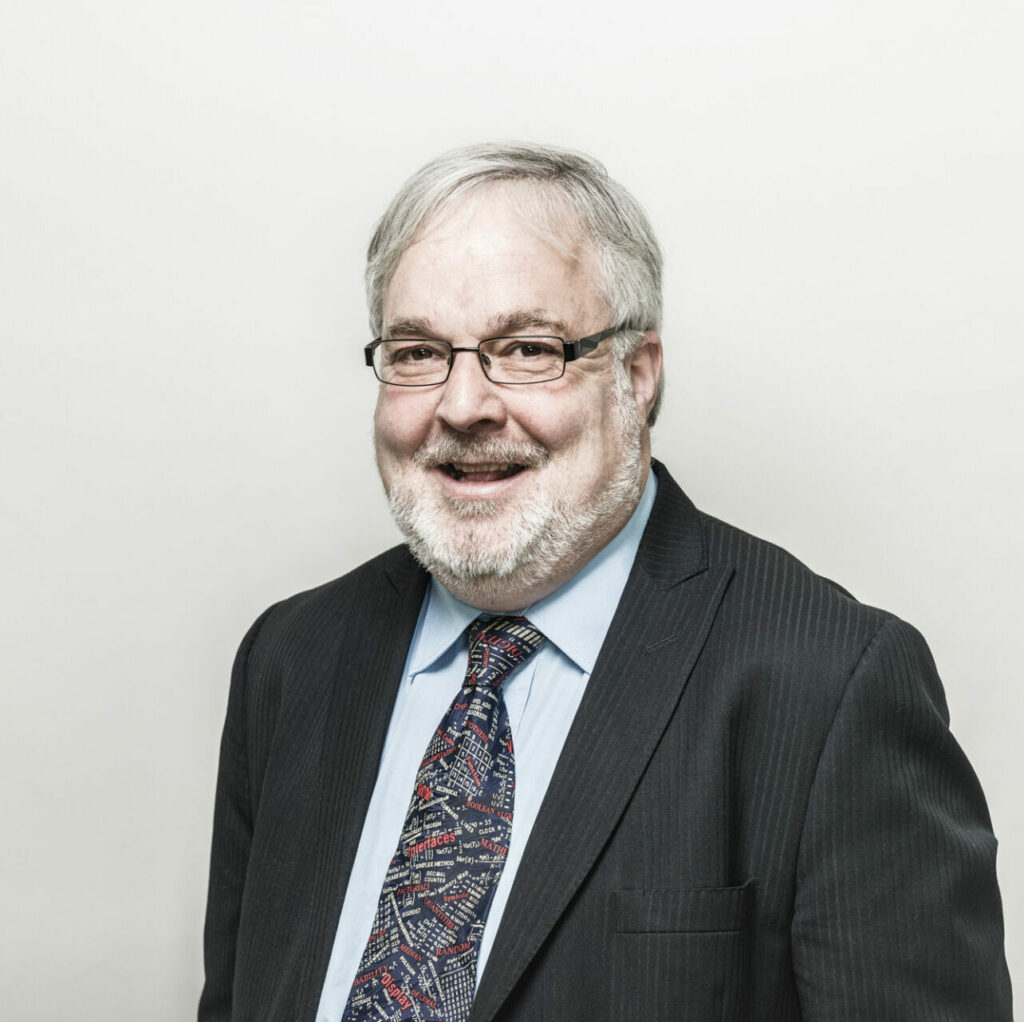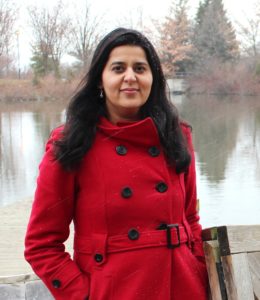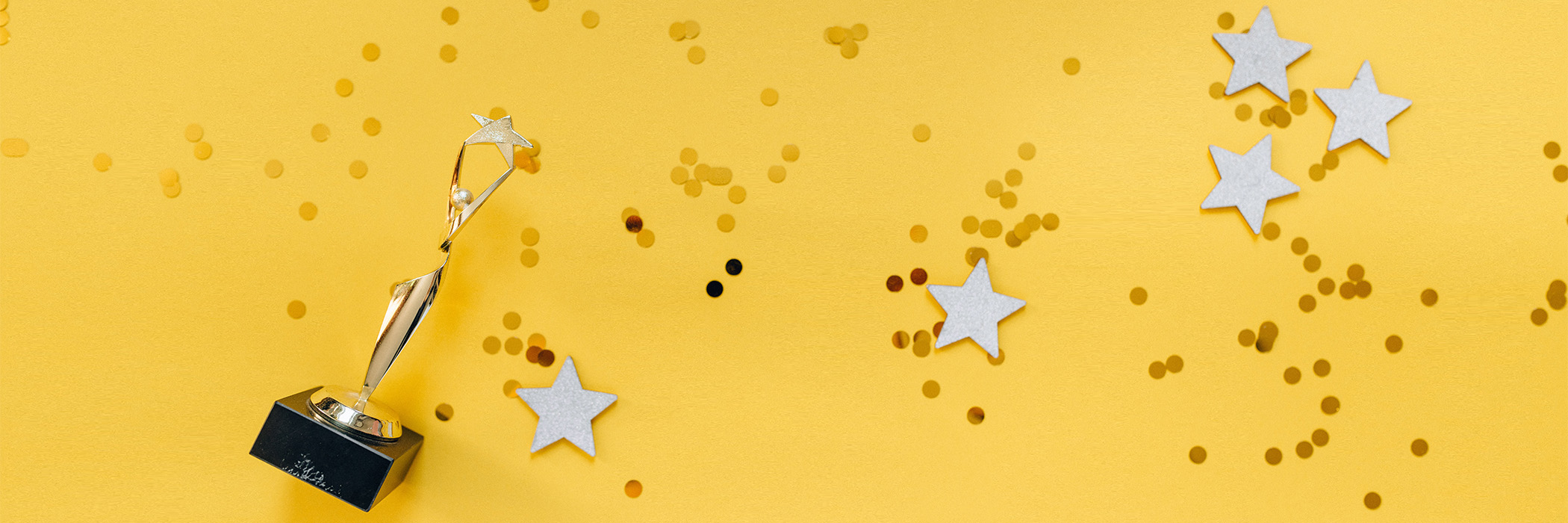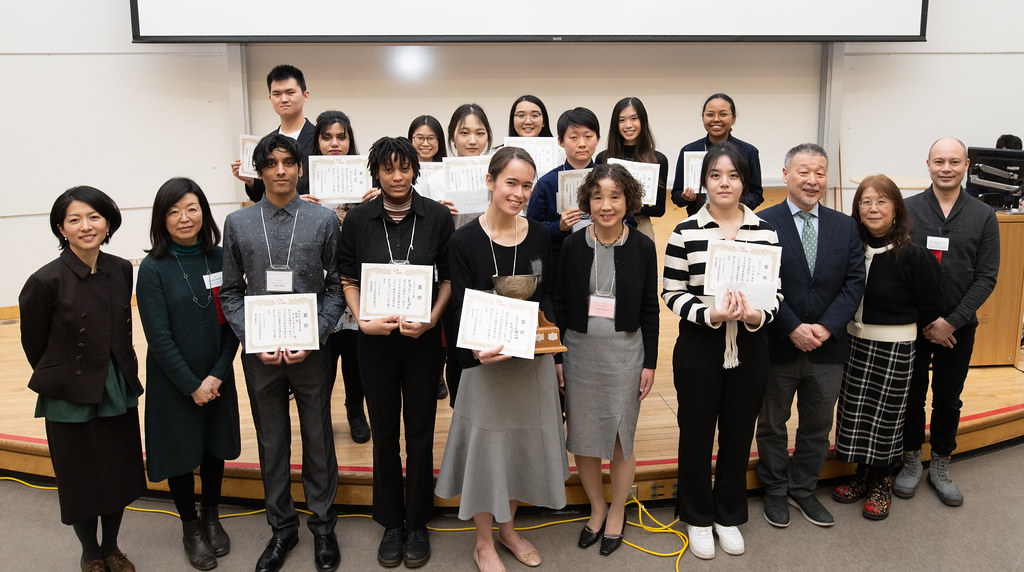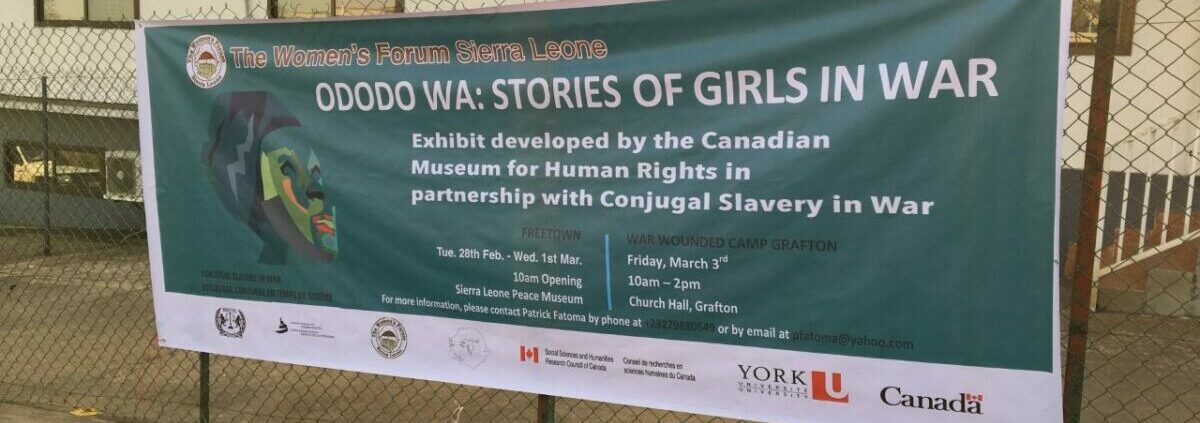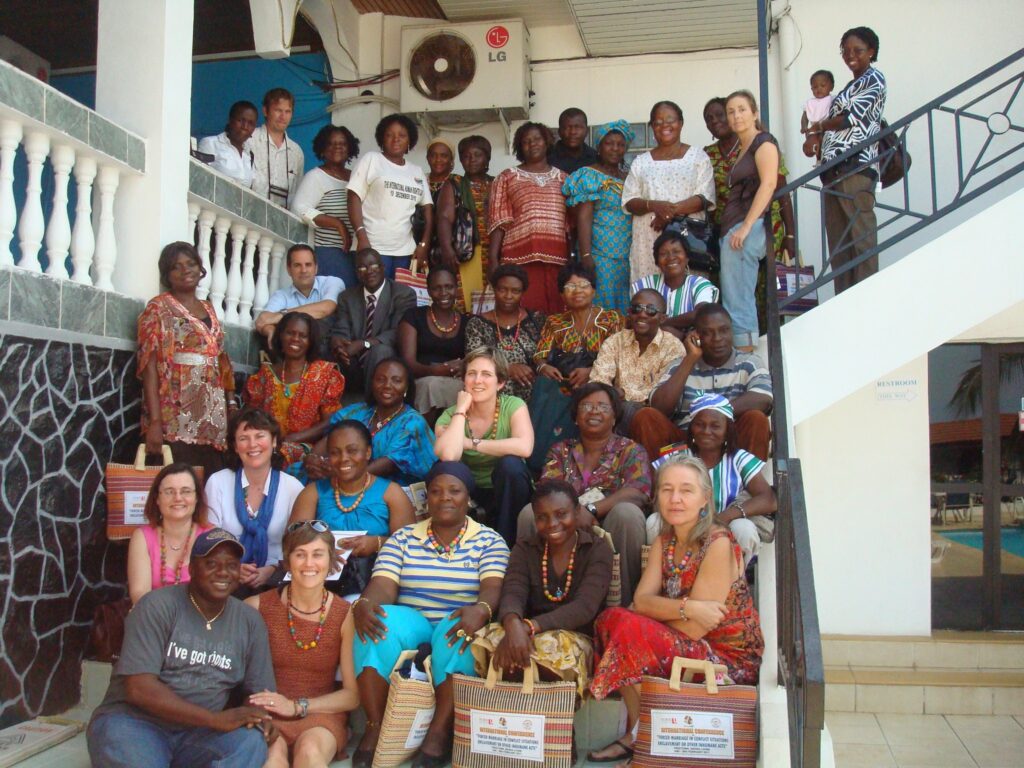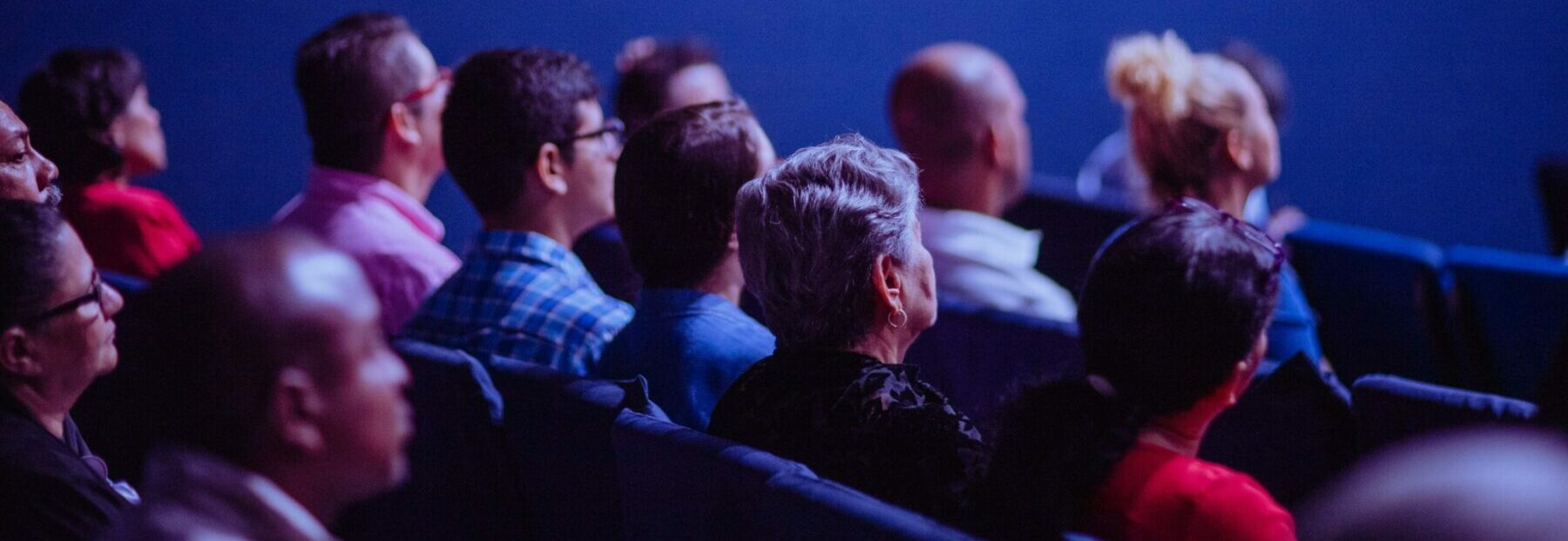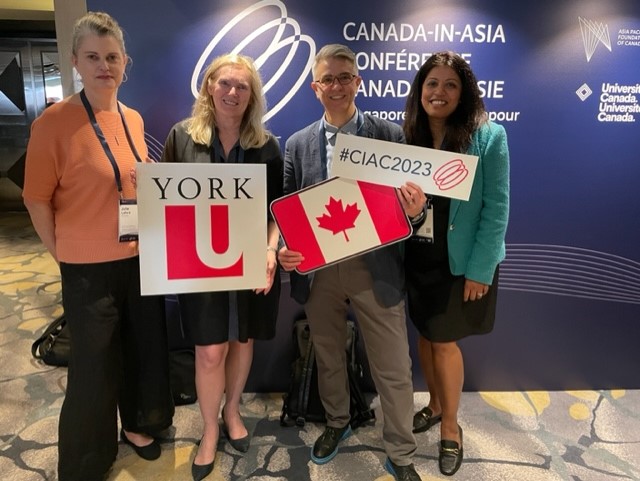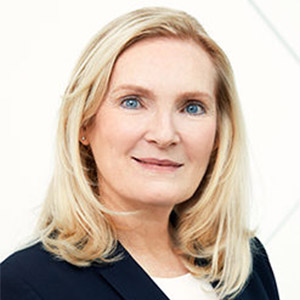La version française suit la version anglaise.
Lieutenant Governor of Ontario Elizabeth Dowdeswell will moderate a discussion titled “Is democracy broken?” as part of The Glendon Global Debates series, April 4 from 7 to 9 p.m. at York’s Glendon Campus.
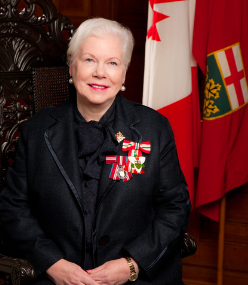
Dowdeswell will be joined by a panel of expert speakers, including: Clare Hutchinson, a Fellow at Glendon, and a former senior gender advisor with the United Nations Department of Peacekeeping & Power Corp Fellow; Susan Pond, a BMO senior Fellow at Glendon, and former NATO executive; and, Emily Laxer, associate professor of sociology and Research Chair in Populism, Rights and Legality at York.
The discussion will consider how different phenomena are currently affecting faith in the functioning of democracies. What role do growing inequalities (and the failure of reforms to address them), the rise of social media and their detrimental effects on public discourse, and the growing tendency of political parties across the spectrum to exploit divisions, play in shifting the stability of democracy? Do these contemporary shifts in political activity and discourse suggest that democracy is truly broken or just frayed? What can be done to restore widespread faith in democracy?
The upcoming panel is the latest entry in The Glendon Global Debates series which began in 2016 with the mission of promoting dialogue between experts from all sectors – government, academics, media, private and more – to identify critical national and foreign policy issues relevant to Canada’s future. Previous topics discussed have included Brexit, smart cities, fake news, housing affordability and women in leadership.
More information about this bilingual and hybrid event, and registration can be found here.
La lieutenante-gouverneure de l’Ontario animera un débat sur la démocratie
La lieutenante-gouverneure de l’Ontario, Elizabeth Dowdeswell, animera un débat intitulé « La démocratie est-elle brisée? » dans le cadre de la série des Débats internationaux de Glendon, le 4 avril de 19 h à 21 h au campus Glendon de l’Université York.

Mme Dowdeswell sera rejointe par un groupe d’intervenants experts, parmi lesquels : Clare Hutchinson, membre de Glendon et ancienne conseillère principale en matière d’égalité des genres au Département de maintien de la paix des Nations Unies et titulaire de la bourse de recherche Power Corp ; Susan Pond, professionnelle en résidence BMO à Glendon et ancienne cadre de l’OTAN; et Emily Laxer, professeure agrégée de sociologie et titulaire de la Chaire de recherche de York sur le populisme, les droits et la légalité.
La discussion portera sur la manière dont différents phénomènes affectent actuellement la foi dans le fonctionnement des démocraties. Quel rôle les inégalités croissantes (et l’échec des réformes pour y remédier), l’essor des médias sociaux et leurs effets néfastes sur le discours public, ainsi que la tendance croissante des partis politiques à exploiter les divisions, jouent-ils dans la remise en cause de la stabilité de la démocratie? Ces changements contemporains dans les activités et les discours politiques suggèrent-ils que la démocratie est réellement brisée ou simplement abîmée? Que peut-on faire pour restaurer la confiance du plus grand nombre dans la démocratie?
Ce panel est le plus récent événement des Débats internationaux de Glendon qui ont commencé en 2016 en se donnant la mission de promouvoir le dialogue entre les experts de tous les secteurs – gouvernement, universitaires, médias, privé et plus encore – pour identifier les questions critiques de politique nationale et internationale pertinentes pour l’avenir du Canada. Les thèmes déjà abordés ont été le Brexit, les villes intelligentes, les fausses nouvelles, l’accessibilité au logement et les femmes et le leadership.
Cliquez ici pour obtenir plus d’informations sur cet événement bilingue et hybride, ainsi que pour vous inscrire.





